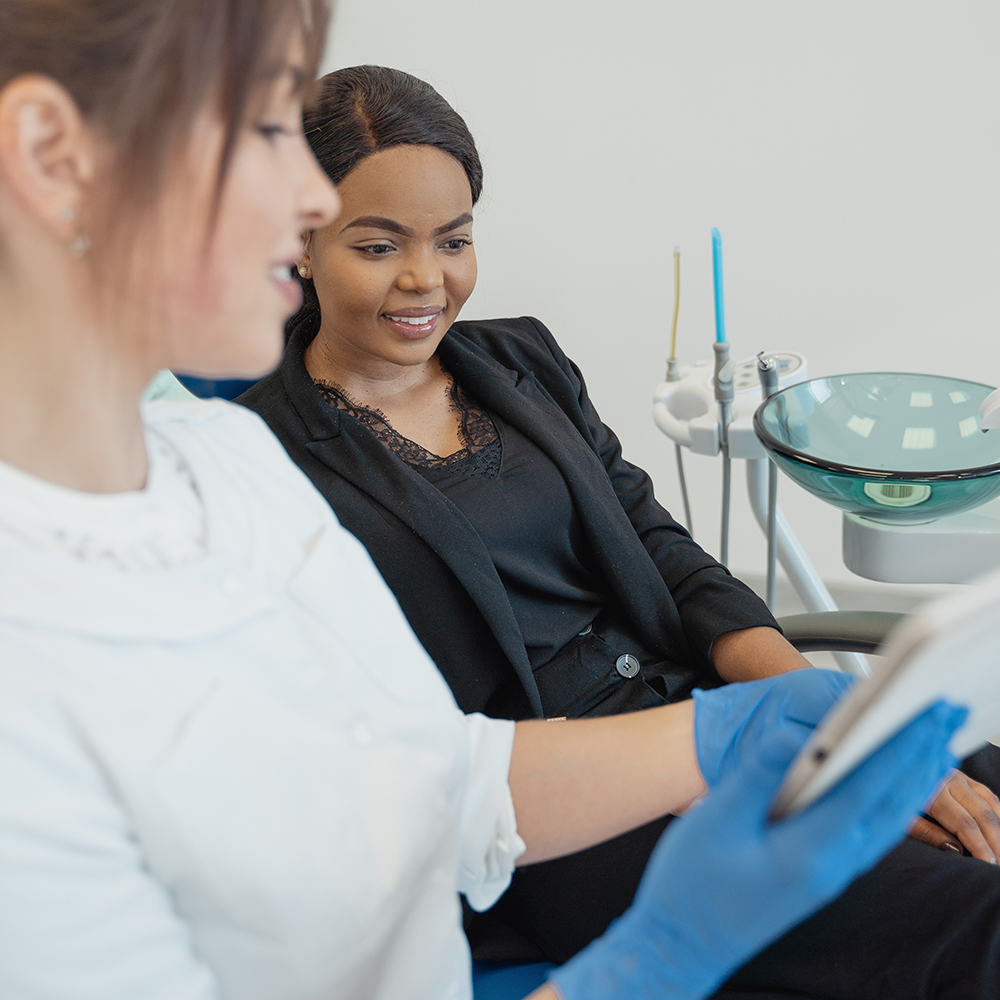Black Americans continue to lag behind their peers of other races on numerous measures of health, from life expectancy to prevalence of chronic disease.
Progressives take these data points as proof of systemic racism. The only antidote is more government: higher subsidies for insurance through Obamacare’s exchanges, Medicaid expansion, even a government takeover of the health insurance system a la Medicare for All.
But government programs deserve much of the blame for America’s racial health divide. If policymakers want to improve Black Americans’ health, they need to acknowledge that government intervention in the healthcare market is failing Americans of all races.
Nowhere is the racial health gap starker than life expectancy. In 2021, average life expectancy at birth for Black people was 70.8 years, compared with 76.4 years for White people and 77.7 years for Hispanic people. Black men have the second-lowest life expectancy of any American subgroup – just 66.7 years.
And while life expectancy at birth for White Americans dropped just over two years from 2019 to 2021, life expectancy for Black Americans declined four years in the same window.
This is partially due to things outside the purview of the healthcare system. African Americans have a higher incidence of unintentional injuries – including drug overdoses – as well as a higher suicide rate than do people of other races.
But the real culprit here is chronic disease. Ten percent of White Americans have diabetes, compared with 15 percent of African Americans. Black people aged 35 to 64 are 50 percent more likely to have high blood pressure than White people. All told, Black Americans aged 18-49 are twice as likely to die from heart disease, and African Americans overall are twice as likely to die of diabetes as White patients.
These disparities are essentially present from birth. Around 13 percent of Black children have asthma, compared to just under 8 percent of White kids. Nearly 20 percent of African Americans report “fair or poor health status,” while just 13 percent of White Americans say the same.
Some suggest that poverty fuels the racial health gap. The Black poverty rate was 19.4 percent in 2021, compared to around 17 percent for Hispanic people and just over 8 percent for White people. The median household income for White families was around $78,000 in 2021 but about $48,300 for Black families.
Wealth certainly has an impact on health. Regardless of race, poor adults are five times as likely to report being in “fair or poor” health as people with incomes at or above 400 percent of the federal poverty level. Poor Americans are at a greater risk of chronic conditions including heart disease, diabetes and obesity, as well as disability and premature death.
But income inequality doesn’t fully explain the racial health gap. A 2017 study compared health outcomes among Americans who earned over $175,000 per year and found that Black Americans still fared worse than their White counterparts.
Is racism the only conceivable explanation for the racial health gap? No.
Race is just one factor in determining a person’s socioeconomic status, a major social determinant of health. The lower a person’s socioeconomic status, the more likely they are to smoke, and the less likely they are to eat healthy and exercise. These poor lifestyle choices increase a person’s risk of chronic disease and obesity, both of which slash life expectancy.
Stopping these harmful lifestyle habits requires breaking a cycle of poverty. That will require freeing Black Americans from the clutches of federal welfare programs.
Racial and ethnic minorities make up half of Medicaid’s beneficiaries. This health program for the poor has been failing those it’s supposed to serve for decades. People with Medicaid coverage face long waits for subpar care. Almost 30 percent of doctors refuse to accept Medicaid. And as Obamacare has shoved more and more people into the program, there’s been more and more competition for scarce appointments.
Research has shown that people with Medicaid do not experience better health outcomes than similarly situated people who lack insurance altogether.
But people generally believe that even Medicaid is better than nothing. And the program’s beneficiaries have little incentive to earn their way out of it. People who receive welfare – not just Medicaid, but food stamps and housing subsidies – are penalized with higher taxes whenever they earn more money. Research shows that poor people frequently face an implicit marginal tax rate of between 50 percent and 80 percent. That means that a person loses at least $50 in new taxes or lost benefits for every additional $100 they earn.
The best way to free African Americans – and all victims of government-run insurance programs – from the welfare trap is to empower them to earn their way out of dependence on government.
Policymakers can follow that up by implementing market-oriented healthcare reforms that increase the supply of health care and foster competition. With more providers competing for patients’ dollars, price will decline and quality will go up, so that even those of meager means can secure high-quality care.
For instance, licensure requirements make it hard for doctors to cross state lines to provide care. Scope-of-practice laws limit which services well-qualified nurse practitioners and physician assistants are allowed to provide without a doctor’s supervision.
Removing these barriers will be particularly helpful in the coming years. The United States is projected to be short 124,000 physicians by 2034, and the shortage is expected to hit low-income areas particularly hard.
Increasing the number of medical residencies in underserved areas would help, too. Doctors tend to practice where they train, and Black doctors practice in underserved areas at a higher rate than non-Black doctors.
For too long, Black Americans have been at the mercy of government healthcare programs and the shoddy care they provide. Progressives may think we can close the racial health gap by doubling down on welfare programs. In reality, the best thing for patients of all races is less government intervention, not more.
Sally C. Pipes is president, CEO, and the Thomas W. Smith fellow in healthcare policy at the Pacific Research Institute. Her latest book is False Premise, False Promise: The Disastrous Reality of Medicare for All (Encounter 2020). Follow her on Twitter @sallypipes. This column is excerpted from remarks Pipes gave at the Pacific Research Institute’s recent urban policy conference in Sacramento.
Watch Sally Pipes discuss how to improve health care in minority communities from PRI’s 2023 California Ideas in Action Conference


